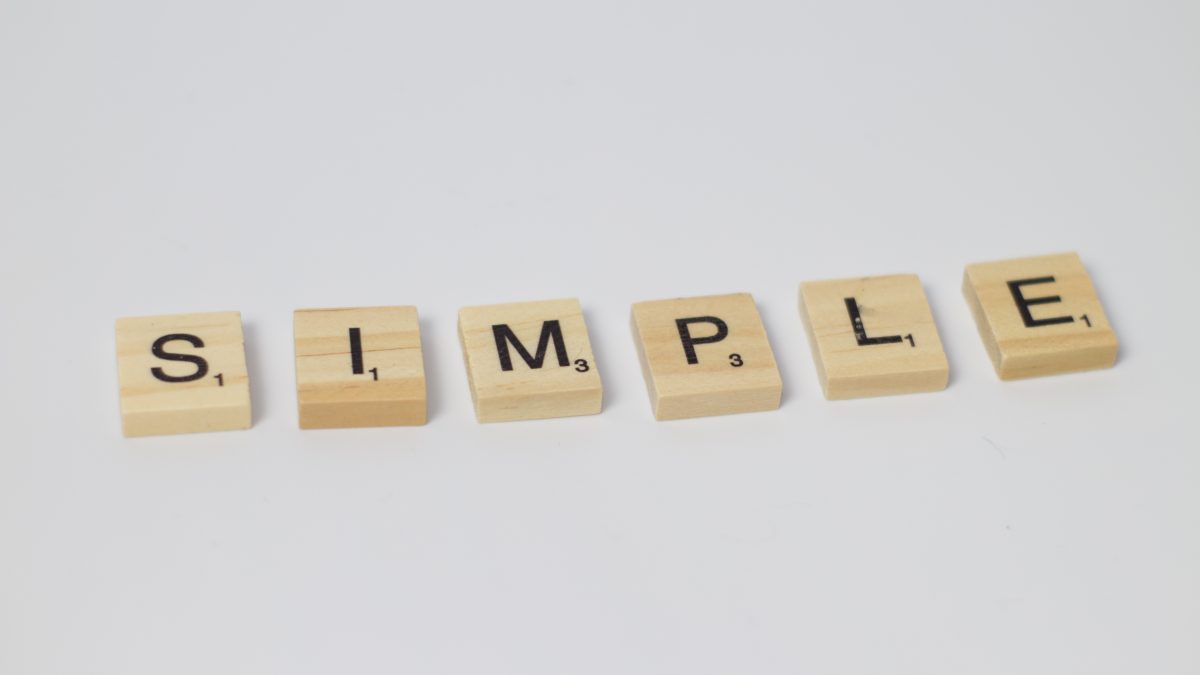As many of you know, I’m a big fan of lifelong learning and I’m always striving to be a more complete coach. This is both a good thing and a bad thing. Bad because the opportunities to improve, when it comes to ‘being good with people’, are infinite. Good, because any kind of progress is generally rewarded with a feeling of pride and fulfilment.
An elusive goal
Deceptively simple phrases like ‘being good with people’ are useful in a curious sort of way, as they can serve as an indication of where maximum effort is required. You can rest assured, simplicity in coaching is a very hard thing to achieve. At the same time, it is probably the single most useful target for you to have in mind, when trying to hone your ‘people skills’. This concept is summed up neatly I feel by this quotation from Leonardo Da Vinci: “Simplicity is the ultimate sophistication.”
Da Vinci was a master of simplicity in his art, science and inventions. This quote seems to be suggesting that it is easier to create something complex, but it takes a true genius to simplify it. I’m not claiming to be a genius, you’ll be relieved to hear. I’m merely suggesting that we have to aim for the highest level to achieve the excellence which comes with the attainment of simplicity. And we are right to feel good about ourselves for every single step we make towards that valuable but elusive goal.
Clean questioning
One facet of coaching which I think encapsulates these issues and points us in the right direction is the use of ‘clean questions’, when helping a coachee to unlock personal insights and access a deeper understanding of how to find a way forward. ‘Clean questions’, the work of David Grove, Penny Tompkins and James Lawley, aims to reduce the words used when coaching, and indeed the backdrop to those words, to a clean minimum. In other words, they advocate that the questioner be free of any clever words and free of any bias that unnecessary words may bring. By reducing questions to a ‘clean’ minimum, the questioner takes a back seat and allows the subject free rein to access thoughts and feelings essential for their progress.
Put simply, less is more, and this pursuit of cleaner communication is just one way in which attention to detail can provide a massive improvement in connection. It may not be obvious, and it may not be very grand in itself, but it may just be of vital importance to someone striving to improve personal performance, in an area which is absolutely crucial to them.

